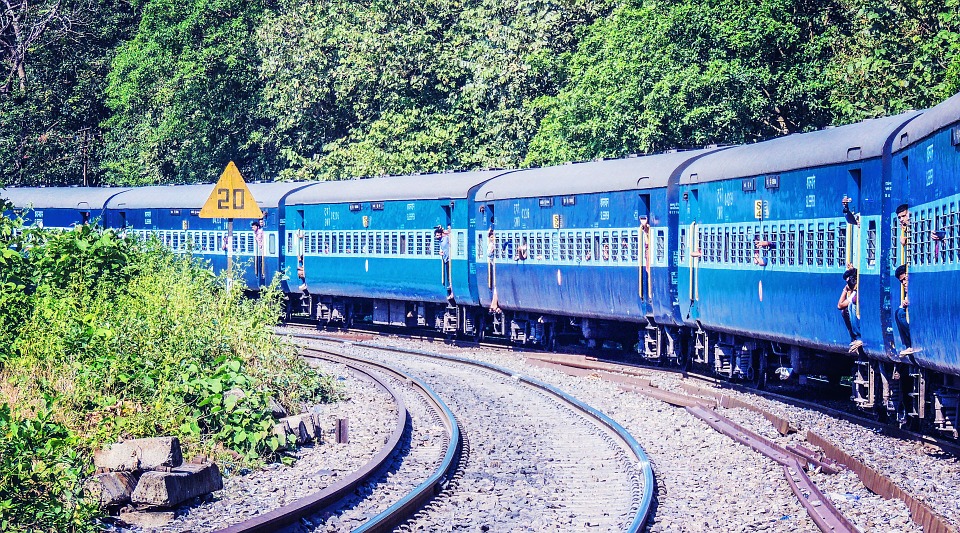
(TAN): Indian Railways will give up INR 1,490 crore (USD 194.64 million approximately) in revenue while refunding the sum towards cancellation of bookings made before the nationwide lockdown was imposed in the country, reports said.
Around 94 lakh tickets were booked by passengers before the lockdown order was issued to stem the spread of the coronavirus pandemic, as per reports.
India was put under a lockdown of 21 days from March 25 to April 14, which was later extended till May 3.
According to reports, INR 830 crore will be refunded for 55 lakh reservations made for travel between March 22 and April 14, while another INR 660 crore would be refunded for nearly 39 lakh bookings for travel between April 15 and May 3. Meanwhile, the railways had not stopped taking bookings for journeys starting April 15, as per reports.
Passenger train services were mostly suspended on March 22, three days before the 21-day shutdown started, reports said.
The railways said the fare would be automatically refunded to online customers, and individuals who bought tickets at selected reservation counters could claim the refund until July 31, as per reports. However, the railways reportedly added the convenience fee which is used for the upkeep of the ticketing services will not refunded.
“When train is cancelled, the passenger is refunded full fare. Convenience fees is not refunded which are nominal to an individual and used for day-to-day maintenance and upgradation of the ticketing facility,” the railways was quoted by The Hindu as saying.
As per reports, the Indian Railway Catering and Tourism Corporation (IRCTC) charges a convenience fee of INR 15 per ticket on non-AC tickets and INR 30 for air-conditioned and first-class journeys.
“A full refund will also be there for those cancelling advance bookings for trains not cancelled yet,” Indian Railways was quoted by Livemint as saying.
The national transporter said no advance booking of tickets, including e-tickets, will be permitted until further instructions, although online cancellation facility will stay functional.




